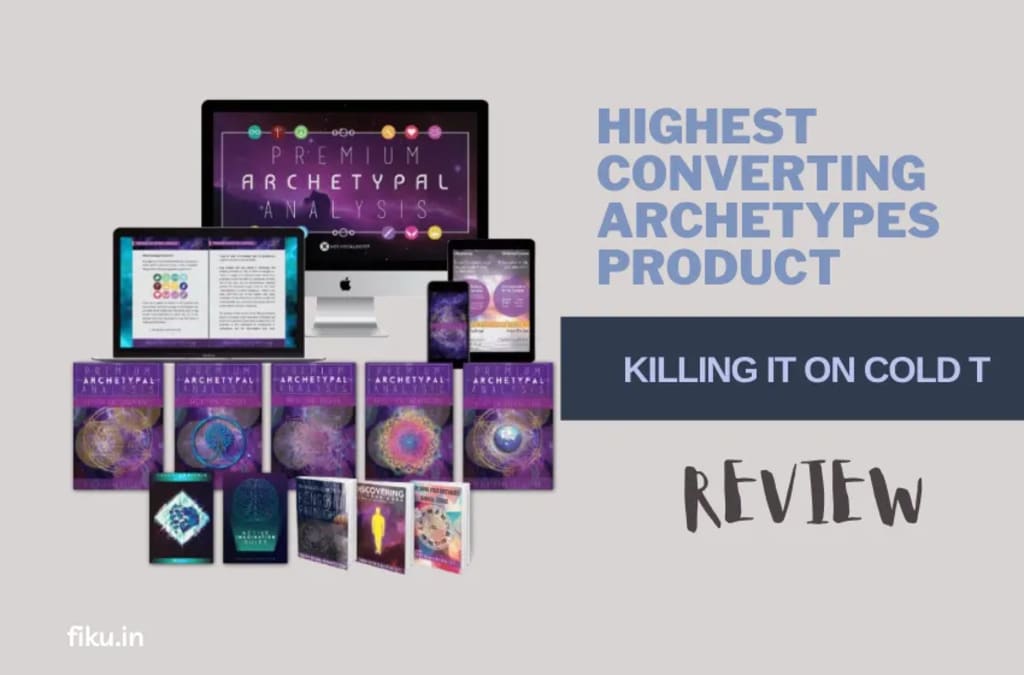Highest Converting Archetypes Product- Killing It On Cold T
Read the Article to learn more

TO CHECK THIS PRODUCT. CLICK HERE NOW
Archetypes are a concept developed by Swiss psychologist Carl Jung, which refers to universal patterns of human behavior and thought that are present in the collective unconscious. These archetypes have been used in marketing and branding to create a connection with customers by tapping into their subconscious desires and motivations.
When it comes to product conversions, there are several archetypes that have been found to be effective in marketing. Here are a few examples:
1. The Hero: This archetype appeals to customers who are looking for products that will help them achieve their goals and overcome challenges. Products marketed using this archetype often emphasize features such as strength, courage, and perseverance.
2. The Explorer: This archetype appeals to customers who are looking for products that allow them to explore new experiences and take risks. Products marketed using this archetype often emphasize features such as adventure, curiosity, and discovery.
3. The Lover: This archetype appeals to customers who are looking for products that provide them with pleasure and sensory experiences. Products marketed using this archetype often emphasize features such as intimacy, sensuality, and indulgence.
4. The Caregiver: This archetype appeals to customers who are looking for products that help them care for others or themselves. Products marketed using this archetype often emphasize features such as compassion, nurturing, and protection.
5. The Sage: This archetype appeals to customers who are looking for products that provide knowledge and wisdom. Products marketed using this archetype often emphasize features such as expertise, education, and insight
Archetypes are essentially universal patterns of human behavior and thought that are present in the collective unconscious. They represent fundamental human desires and motivations that are shared across cultures and time periods. Carl Jung, the Swiss psychologist who developed the concept of archetypes, believed that these universal patterns were an innate part of the human psyche and could be tapped into for personal growth and understanding.
In marketing and branding, archetypes have been used to create a connection with customers by tapping into their subconscious desires and motivations. By using archetypes, companies can create a brand identity that resonates with customers on a deeper level, beyond just the features and benefits of their products.
The effectiveness of archetypes in product conversions depends on several factors, including the target audience, the product itself, and the marketing strategy. For example, if you are marketing a high-tech gadget to a younger audience, the Hero archetype may be more effective, as it appeals to their desire for innovation, achievement, and success. On the other hand, if you are marketing a luxury spa experience to an older audience, the Caregiver or Lover archetype may be more effective, as it appeals to their desire for comfort, relaxation, and indulgence.
To determine which archetypes are most effective for your particular product and audience, it's important to conduct thorough market research and testing. This may include surveys, focus groups, and other forms of customer feedback. Once you have identified the most effective archetypes for your product and audience, you can use them to create a brand identity that resonates with your customers on a deeper level and drives product conversions.
TO CHECK THIS PRODUCT. CLICK HERE NOW





Comments
There are no comments for this story
Be the first to respond and start the conversation.